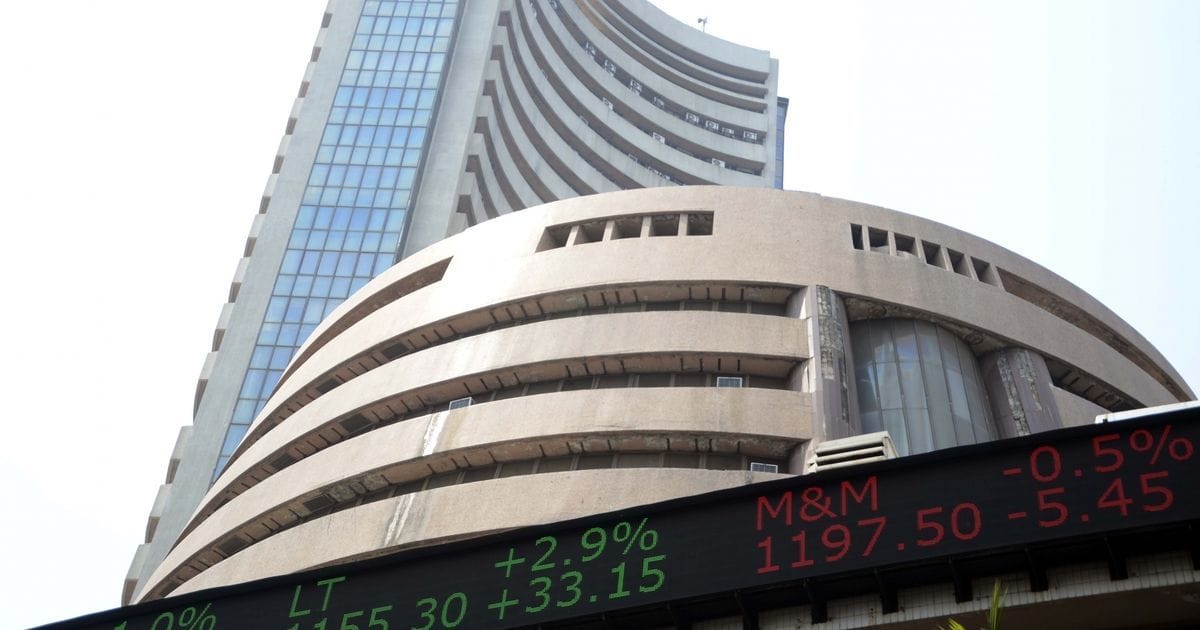UK Economy Shook Off Omicron Shackles In January But Warning Signs Ahead Due To High Inflation
• Gross domestic product (GDP) bounced back in January 2022, increasing by 0.8% after falling by 0.2% in December 2021.
• GDP is now 0.8% above its pre-coronavirus level (February 2020).
• All sectors grew in January 2022, with services up 0.8%, production up 0.7% and construction up by 1.1%.
• Output in consumer-facing services grew by 1.7% in the month, mainly driven by a 6.8% increase in food and beverage activities.
UK Economy Shook Off Omicron Shackles In January But Warning Signs Ahead Due To High Inflation
The ONS has released the monthly GDP estimate for January and Susannah Streeter, senior investment and markets analyst, Hargreaves Lansdown, shares her thoughts on it.
‘’The economy shook off the shackles of Omicron in January with sectors across the board bursting back to health, pushing output 0.8% above its pre-pandemic level. Bars, pubs and restaurants benefited from a spurt of pent up demand as after the mass cancelling of events before Christmas, there was a surge of business in what’s usually the quietest month of the year. Output for food and beverage activities jumped 6.8%, with revellers shrugging off the shock of Omicron and celebrating once more. That helped the overall consumer-facing services sector grow by 1.7%. Building sites also whirred busily in January with construction rising by 1.1% while the wholesale and retail trade lifted 2.5% and was the main contributor to January’s growth in services.
However, it’s not a dramatic increase in output for sectors across the board which has lifted the economy above its pre-crisis level. Instead, it’s the jump in human health and social work activities that is the biggest driver here, with the high demand for extra healthcare services through the pandemic. Consumer-facing services are still 6.8% below pre-crisis levels and output from the production sector is 2% below.
This snapshot has set the scene for a resilient February, with the bounce back from Omicron expected to continue, but the euphoria of the rebound is likely to be short-lived. The conflict in Ukraine has caused already hot commodity prices to heat up again, with households and businesses already feeling the temperature. As lockdown savings dwindle, and higher tax and energy bills are set to land, it’s set to put downward pressure on growth in the months to come.
The Bank of England’s main task is to maintain stable prices and oversee financial stability, and rip-roaring inflation risks undermine that and overall economic health. So steering inflation back to the target of 2% is still set to be its priority and it’s still highly likely a rate rise will be on the cards when policymakers meet next week. But given the escalating situation, with fresh sanctions being placed on Russian oil exports and severe disruptions to other commodities, which is set to weigh on businesses and consumers, policymakers are expected to limit the rise to 0.25%, pushing the bank rate to 0.75%. The aim will be to try and dampen demand but not squeeze this new spurt life out of the economy, at a time of increased uncertainty.”
Tradersdna is a leading digital and social media platform for traders and investors. Tradersdna offers premiere resources for trading and investing education, digital resources for personal finance, market analysis and free trading guides. More about TradersDNA Features: What Does It Take to Become an Aggressive Trader? | Everything You Need to Know About White Label Trading Software | Advantages of Automated Forex Trading






































